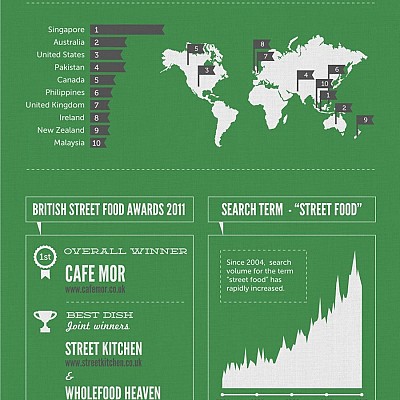- Rugby World Cup is crucial for the progress of Japanese culture, says, tourism official
-
Language, architecture, and food will set it apart from the previous host
-
Almost £400 million to be brought in by international tourists
-
Japan prepares to welcome 400,000 visitors from abroad
The Rugby World Cup is helping change the “common stereotype” of Japan around the world, according to Japan Tourism officials.
The 2019 world event is the first of its kind to be held in Asia, outside of World Rugby’s ‘traditional’ nations, and has already had a remarkable impact on the economy of Japan during what has been described as “an amazingly exciting time for tourism”.
On the unique charm and character that Japan will bring to a global sporting event, Matthew Joslin of the Japan National Tourism Organisation exclusively told Rugby World Cup in Numbers: “There is a common stereotype of Japan as a polite and reserved nation but that doesn’t mean to say that Japanese people don’t know how to celebrate, and that will probably be the biggest takeaway from a global sporting event like this.
He added: “As Japan is also hosting the Olympic and Paralympic Games, the Kansai World Masters Games and the World Expo within the next five years, is a great opportunity for people nationwide to show the world that the country is ready to welcome international visitors in a way that it has never been able to before.
Rugby World Cup in Numbers looks at the key figures behind the World Cup in Japan, focusing on player and team statistics but also the impact of the tournament on the local economy.
The data also includes a breakdown of each tournament since its inception and detailed insight from the economic results of hosting a major tournament.
Joslin explained the significance of the country as a whole as a result of the investment that has come as a result of the World Cup.
“The places where the boom has had the most striking impact has largely been places that are in the process of recovery after the 2011 Tohoku earthquake and tsunami,” he said.
“The RWC host city of Kamaishi is a great example, not simply in relation to the reconstruction projects that have been put in place around RWC, but also in terms of the awareness that it has generated for a beautiful destination that was largely overlooked, even before it was devastated by the tsunami.
He added: “This year’s Rugby World Cup is an era-defining event. The country is coming together, looking to the future, redefining itself, seizing opportunities and making an enormous effort to understand how best to communicate with, relate to, and embrace the outside world.”
“The air travel community is reporting a sharp increase in bookings from the UK to Japan across the board for the months to come. Equally, according to reports released by data aggregator ADARA, bookings around the RWC have been more than double compared to the average.
“This is obviously fantastic news for us here at the JNTO, as we continue working towards our overall goal of 40million visitors to Japan by 2020.”
Rugby World Cup in Numbers breaks down all the key player and team statistics from World Cup history, along with a breakdown of each tournament since its inception and detailed insight from the economic results of hosting a major tournament.







































